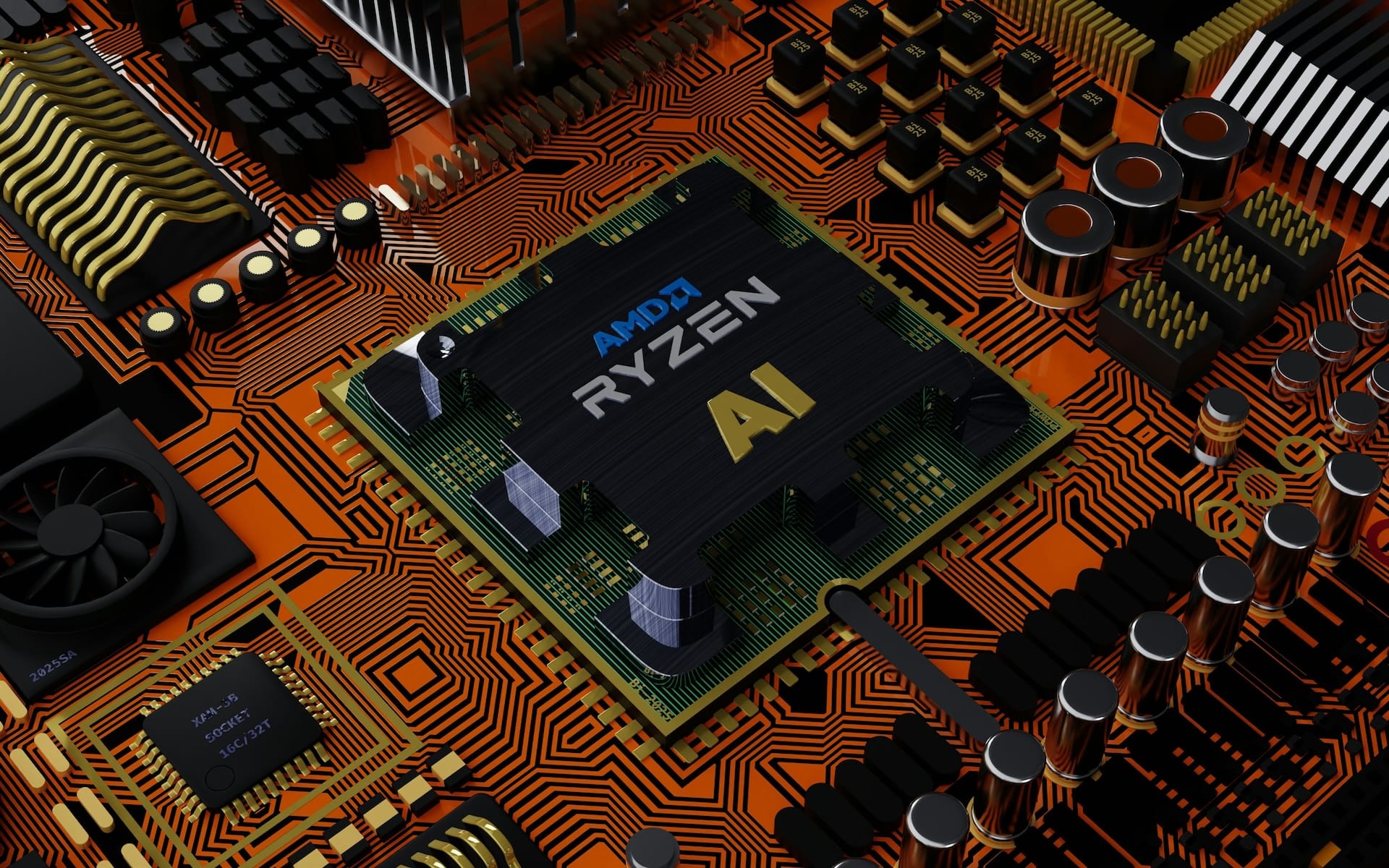AI - evolution or revolution?
Software development is at the beginning of a new era characterised by artificial intelligence (AI). This technology promises to fundamentally change the way software is developed. But how far will this change go? Will AI one day replace software developers? And how autonomous can AI really be when it comes to writing source code? In this article, we explore these questions and look at the impact of AI on software development.
Automation of routine tasks
One of the most obvious advantages of AI in software development is the automation of repetitive and time-consuming tasks. For example, AI tools such as OpenAI's Codex can generate source code based on natural language. Developers can give simple instructions and the tool generates the corresponding code. This speeds up the development process and reduces errors that often occur with manual coding.
Improving the quality of code
AI can also contribute to improving code quality. By using machine learning and data analysis, AI tools can recognise patterns in large code repositories and make suggestions for optimisation. This includes identifying security vulnerabilities, detecting inefficient algorithms and suggesting best practices. Tools such as DeepCode and SonarQube use AI to analyse source code and suggest specific improvements to developers.
Support with troubleshooting
Troubleshooting and debugging are among the most time-consuming tasks in software development. AI can also provide valuable assistance here. With machine learning models that have been trained using large quantities of error messages and their solutions, AI systems can support developers in localising and rectifying errors more quickly. For example, an AI-supported debugging tool can provide developers with precise information on where an error has occurred in the code and how it can possibly be rectified.
Promoting creativity and innovation
While the AI takes on repetitive tasks, developers have more time for creative and innovative work. They can concentrate on the design, architecture and implementation of new functions while the AI takes over the routine tasks. This could lead to faster development of new and innovative software products.
Will AI replace software developers?
It is unlikely that AI will completely replace human developers in the near future. Even though AI is able to automate and support simple tasks today, developing complex software requires creativity, problem-solving skills and a deep understanding of requirements and context - skills that only humans currently possess. In addition, there are concerns about ownership, licensing and responsibility for the code produced.
However, AI can be seen as a powerful tool that makes developers more productive and efficient. The role of the software developer will change rather than disappear. Developers will have to learn to use AI tools effectively to improve their work.
AI as an autonomous developer
The idea of AI being able to write source code autonomously is intriguing, but not yet a complete reality. While AI models such as GPT-3 have made impressive progress and are capable of generating natural language code, they still lack a deeper understanding and ability to develop complex, multi-layered software projects fully autonomously.
AI models sometimes inherit biases in the training data. Biased data can arise when developers use ‘bad code’ from a database. If the AI finds errors in the training data, it can ‘perpetuate’ or amplify them, resulting in potentially problematic code.
Conclusion
To summarise, it can be said that AI is already changing software development significantly today and will change it even more in the future. However, it will complement rather than replace human developers. Collaboration between humans and machines will be the next big revolution in software development, with AI tools helping developers to make their work more efficient, creative and innovative.

